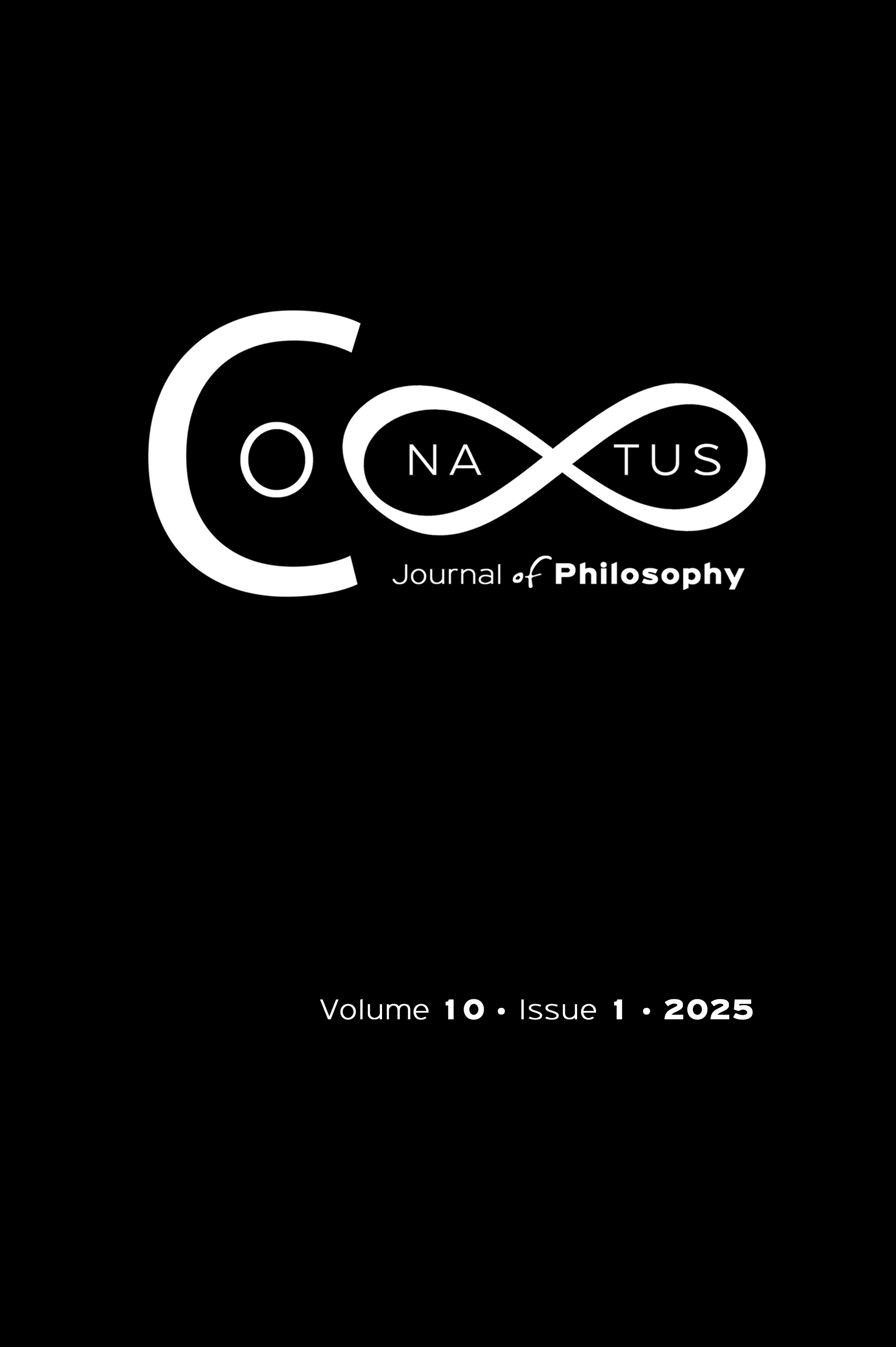Locke and Rousseau: From Natural Freedom to The Social Contract

Abstract
John Locke and Jean-Jacques Rousseau are two eminent proponents of the contractual tradition, which asserts that political power is artificial, and its legitimacy stems from individual consent. The fundamental and common feature of all classical social contract theories is that the agreement concluded by all its participants is considered the basis of a true political body. Accordingly, only a political association based on the concept of a contract can create a form of government that binds naturally free people. The primary purpose of this work is to analyse and compare the contractual views of Locke and Rousseau. Thus, in the first chapter, we will explore Locke’s main contractual ideas, developed in his book Two Treatises of Government, emphasising the concepts of the law of nature and private property. In chapter two, we will examine Rousseau’s political ideas, particularly on human nature and the general will. Then, in the end, we will attempt to outline the differences and similarities between their views about the social contract.
Article Details
- How to Cite
-
Yelubayev, B., & Olay, C. (2025). Locke and Rousseau: From Natural Freedom to The Social Contract. Conatus - Journal of Philosophy, 10(1), 255–274. https://doi.org/10.12681/cjp.34144
- Section
- Articles

This work is licensed under a Creative Commons Attribution-NonCommercial 4.0 International License.
Authors who publish with this journal agree to the following terms:
Authors retain copyright and grant the journal right of first publication with the work simultaneously licensed under a Creative Commons Attribution Non-Commercial International License (CC BY-NC 4.0) that allows others to share the work with an acknowledgement of the work's authorship and initial publication in this journal.
Authors are able to enter into separate, additional contractual arrangements for the non-exclusive distribution of the journal's published version of the work (e.g. post it to an institutional repository or publish it in a book), with an acknowledgement of its initial publication in this journal.
Authors are permitted and encouraged to post their work online (preferably in institutional repositories or on their website) prior to and during the submission process, as it can lead to productive exchanges, as well as earlier and greater citation of published work.





